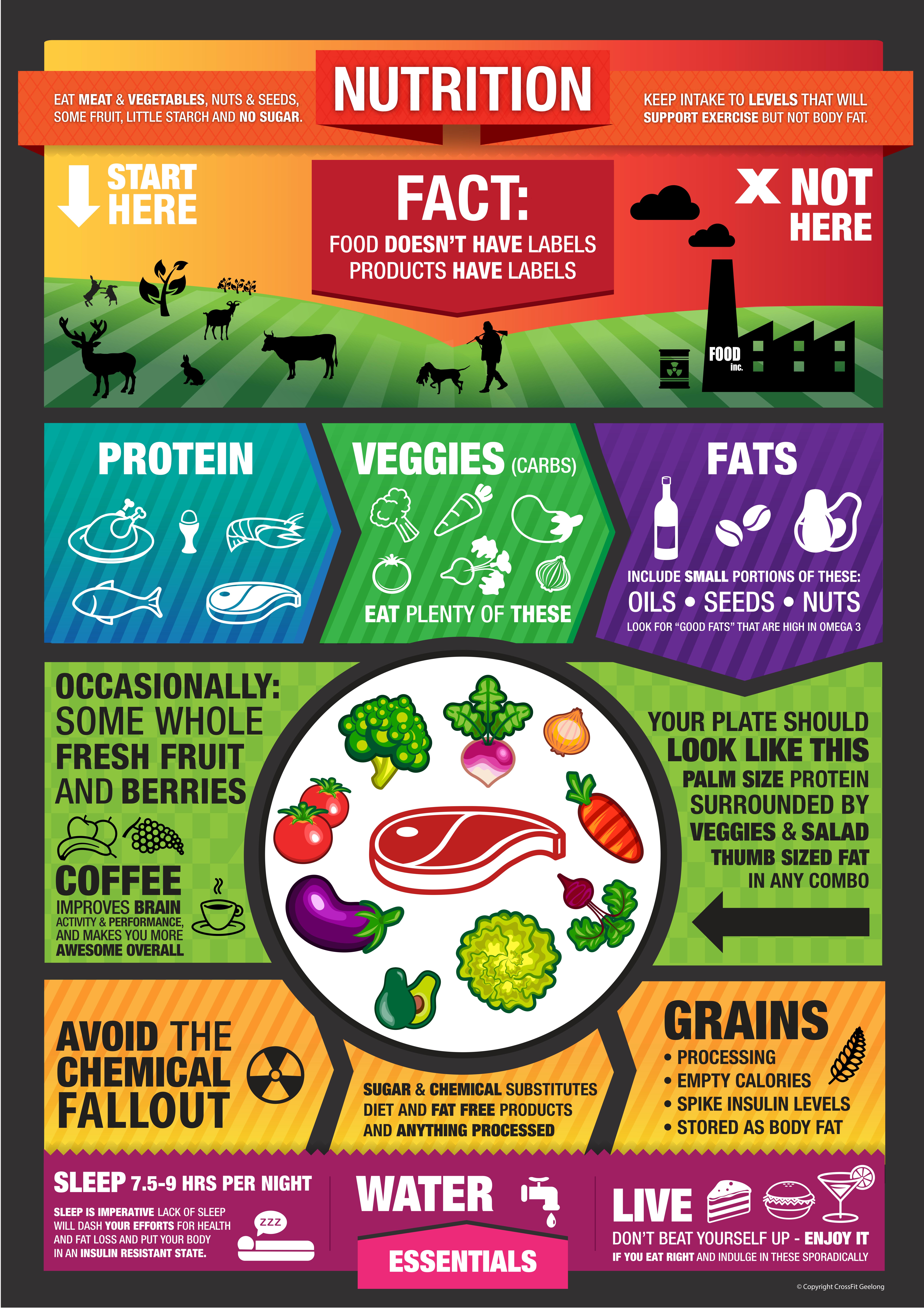At FitLab, our philosophy is rooted in the belief that nutrient density is the cornerstone of optimum health. We embrace an evolutionary approach to well-being, recognizing the importance of aligning our food choices with our DNA for optimal nourishment.
Rather focussing solely on carbs, proteins and fats, we prioritise eating foods that are rich in vitamins and minerals, because these are the foods that will lead to lifelong health and vitality.
Nutrient density refers to the amount of essential nutrients, such as vitamins, minerals, protein, and fiber, found in a food relative to its caloric content. In other words, nutrient-dense foods are those that provide a high concentration of valuable nutrients while containing relatively fewer calories. These foods are rich in vitamins, minerals, and other beneficial compounds that are essential for supporting overall health and well-being.
Nutrient-dense foods are generally considered to be more beneficial for health because they offer a wide array of essential nutrients that the body needs to function optimally, without contributing excessive calories or empty calories (calories devoid of essential nutrients). Consuming nutrient-dense foods as part of a balanced diet can support various bodily functions, promote vitality, and reduce the risk of nutritional deficiencies.
Examples of Nutrient-Dense Foods:
- Leafy Greens: Vegetables like spinach, kale, and Swiss chard are rich in vitamins A, C, K, and folate, as well as minerals like calcium and iron.
- Colorful Fruits: Fruits like berries, oranges, and papayas provide vitamins A and C, along with antioxidants and fiber.
- Lean Proteins: Foods such as chicken breast, turkey, fish, tofu, and legumes offer high-quality protein, essential amino acids, and various vitamins and minerals.
- Nuts and Seeds: Almonds, chia seeds, flaxseeds, and walnuts offer healthy fats, protein, fiber, and various vitamins and minerals.
- Dairy and Dairy Alternatives: Low-fat dairy products or fortified plant-based milk (like almond or soy milk) provide calcium, vitamin D, and protein.
- Eggs: Eggs are a source of complete protein, essential vitamins, and minerals like vitamin B12 and selenium.
- Fish: Fatty fish like salmon, mackerel, and sardines are rich in omega-3 fatty acids, protein, and vitamins D and B12.
- Legumes: Foods like lentils, chickpeas, and black beans provide protein, fiber, iron, and folate.
- Starches: Root vegetables are packed with vitamin A, vitamin C, and fiber.
Incorporating nutrient-dense foods into your diet can enhance your nutrient intake and contribute to overall health and well-being. Remember to aim for a balanced and varied diet that includes a wide range of nutrient-dense foods to meet your nutritional needs effectively.

Nutrition coaching at FitLab follows the following tennants:
- Macronutrients/Micronutrients:
Understanding the significance of macronutrients and micronutrients is vital in structuring personalized nutrition plans. We particularly emphasize the importance of protein, which is crucial for supporting overall health and achieving optimal body composition.
2. Wholefoods:
We advocate for the consumption of whole foods over processed alternatives, as this paves the way to improved health and body composition. Our commitment extends to embracing a nose-to-tail approach when consuming meat, ensuring that we maximize the benefits while respecting sustainability.
3. Personalisation:
Rather than fearing food, we celebrate and enjoy it as a vital part of our lives. We recognize that individual cultural differences influence nutrition plans, and we honor and incorporate these diversities into our approach.
4. Education:
We firmly believe that better nutrition education holds the power to create a healthier world. By empowering individuals with knowledge and understanding, we strive to make positive and lasting changes in people’s lives and well-being.
Summary:
Our philosophy embodies the principles of nutrient density, evolutionary well-being, whole foods, cultural sensitivity, and education, guiding individuals towards optimum health, greater body composition, and a lifelong celebration of nourishment.

